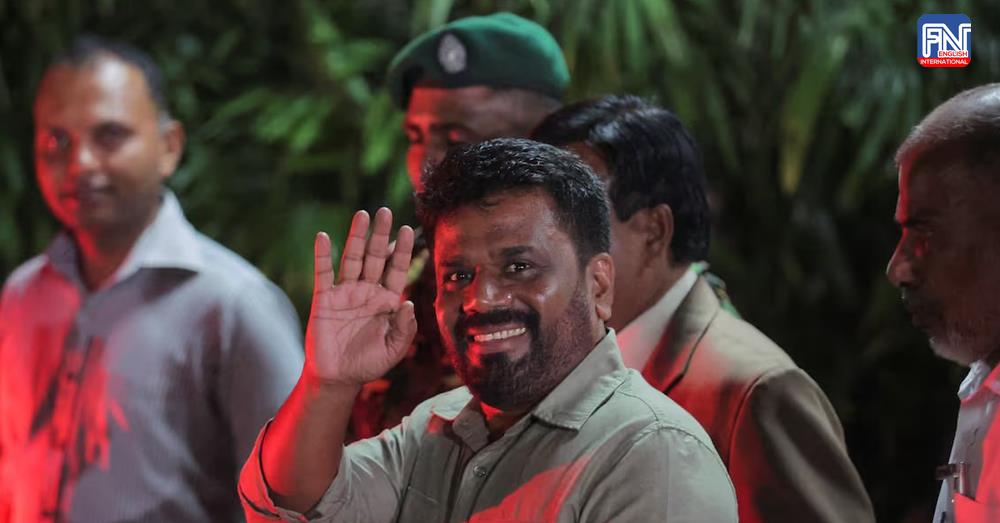COLOMBO, Sept 22 (Reuters) - Sri Lankans elected Marxist-leaning Anura Kumara Dissanayake as new president on Sunday, putting faith in his pledge to fight corruption and bolster a fragile economic recovery following the South Asian nation's worst financial crisis in decades.
Dissanayake, 55, who does not possess political lineage like some of his rivals in the presidential election, led from start to finish during the counting of votes, knocking out incumbent President Ranil Wickremesinghe and opposition leader Sajith Premadasa.
"We believe that we can turn this country around, we can build a stable government... and move forward. For me this is not a position, it is a responsibility," Dissanayake told reporters after his victory which was confirmed after a second tally of votes.
The election was a referendum on Wickremesinghe, who led the heavily indebted nation's fragile economic recovery from an economic meltdown but the austerity measures that were key to this recovery angered voters. He finished third with 17% of the votes.
"Mr. President, here I handover to you with much love, the dear child called Sri Lanka, whom we both love very dearly," Wickremesinghe, 75, said in a statement conceding defeat.
Dissanayake polled 5.6 million or 42.3% of the votes, a massive boost to the 3% he managed in the last presidential election in 2019. Premadasa was second at 32.8%.
It was the first time in the Indian Ocean island's history that the presidential race was decided by a second tally of votes after the top two candidates failed to win the mandatory 50% of votes to be declared winner.
Under the electoral system, voters cast three preferential votes for their chosen candidates. If no candidate wins 50% in the first count, a second tally determines the winner between the top two candidates, using the preferential votes cast.
About 75% of the 17 million eligible voters cast their ballots, according to the election commission.
This was the country's first election since its economy buckled in 2022 under a severe foreign exchange shortage, leaving it unable to pay for imports of essentials including fuel, medicine and cooking gas. Protests forced then-President Gotabaya Rajapaksa to flee and later resign.
Dissanayake presented himself as the candidate of change for those reeling under austerity measures linked to a $2.9 billion International Monetary Fund bailout, promising to dissolve parliament within 45 days of taking office for a fresh mandate for his policies in general elections.
"The election result clearly shows the uprising that we witnessed in 2022 is not over," said Pradeep Peiris, a political scientist at the University of Colombo.
"People have voted in line with those aspirations to have different political practices and political institutions. AKD (as Dissanayake is popularly known) reflects these aspirations and people have rallied around him."
Dissanayake has worried investors with a manifesto pledging to slash taxes, which could impact IMF fiscal targets, and a $25 billion debt rework. But during campaigning, he took a more conciliatory approach, saying all changes would be undertaken in consultation with the IMF and that he was committed to ensuring repayment of debt.
